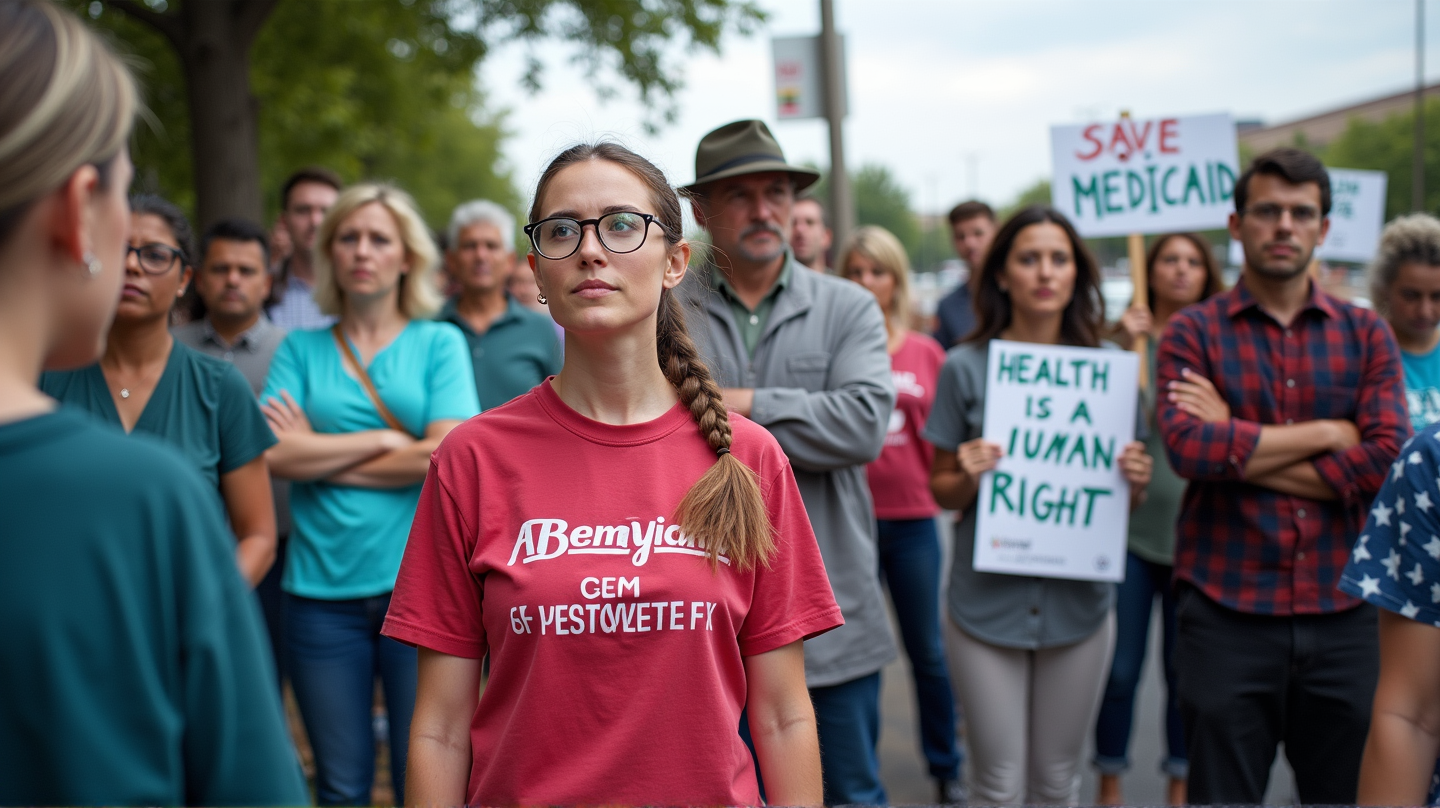Medicaid Cuts: A Crisis Looming Over Health Care Access
Discover the moral imperative of safeguarding Medicaid from cuts threatening access to essential health services for millions.

In a deeply heartfelt commentary for the Times Union, Steven Hanks, M.D., president and CEO of Trinity Health New York’s St. Joseph’s Health and St. Peter’s Health Partners, ardently voices concerns over the detrimental impact proposed Medicaid cuts could have on health care access, not only within the Capital Region but nationwide. According to St. Peter's Health Partners News, Hanks emphasizes Medicaid’s integral role as a lifeline for nearly 80 million Americans, arguing that health care is a human right, not a privilege.
The Lifeline at Risk
For many Americans, Medicaid isn’t just a program; it’s a lifeline. Covering 41% of U.S. births and half of all children, backing over 1.6 million military veterans, and supporting more than 60% of nursing home residents, Medicaid’s influence is profound. Dr. Hanks points out that stripping away this safety net would not only halt preventive and life-saving care for millions but also snowball into wider societal impacts, affecting public health and economic stability.
Economic Ripple Effects
St. Peter’s Health Partners’ operations in Albany and Syracuse could face losses ranging from \(70 million to over \)140 million annually. This is not merely a financial inconvenience; it’s a threat to community health care systems’ very viability. The cessation of critical services would mean communities struggling to recover lost amenities, leaving a lasting impact felt by every individual, not merely those directly relying on Medicaid.
A Call for Comprehensive Reform
Dr. Hanks fervently appeals for thoughtful, comprehensive reform over devastating cuts. He warns that current proposals could constitute the single largest disruption to New York’s budget and economic equilibrium since a substantial portion of the state’s federal funding is Medicaid-tied. His call to action urges Congress to pivot towards protective measures for Medicaid, reflecting values of equity and compassion vital to both moral and economic fortitude.
The Moral Imperative
This commentary transcends financial discourse, positioning Medicaid cuts as a moral dilemma. Emphasizing health care access as reflective of national priorities, Dr. Hanks posits that valuing dignity and compassion necessitates defending Medicaid. By rallying collective insistence on change, he underscores the necessity for shared responsibility in fortifying Medicaid’s future to ensure long-term national health sustainability.
Ensuring Medicaid’s sustained support is not just a policy issue but a moral imperative urging collective action to maintain this essential health care pillar. Let’s advocate for reforms that uplift, rather than dismantle, the foundations of accessible care for all.





